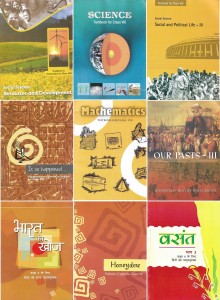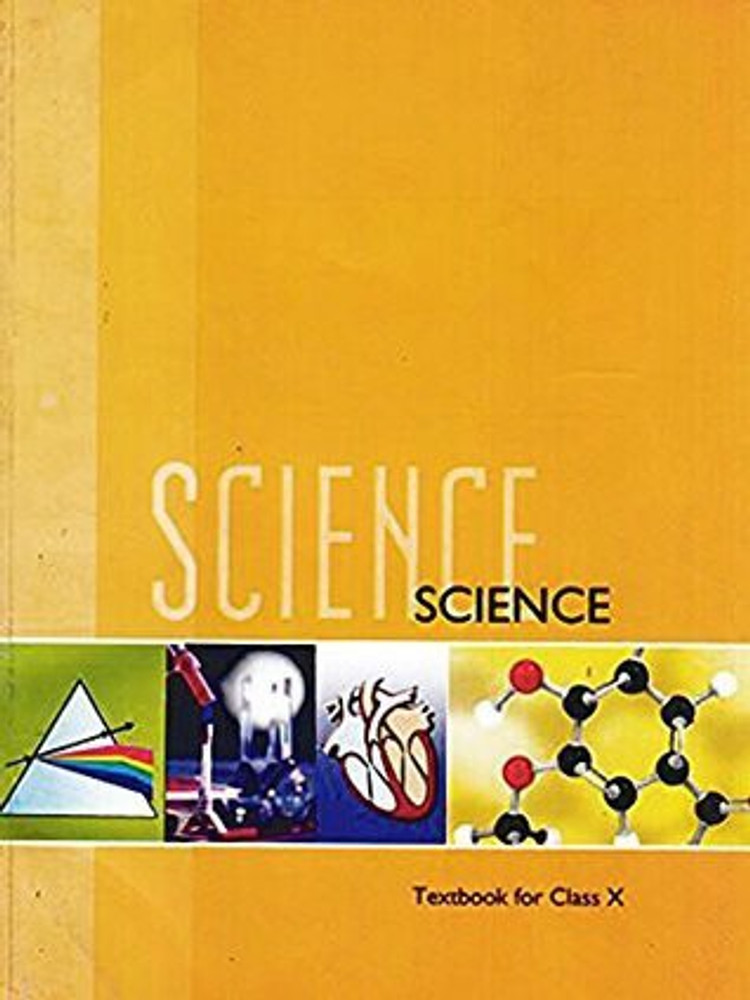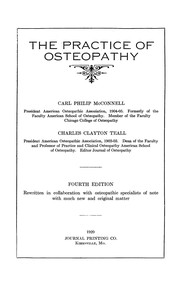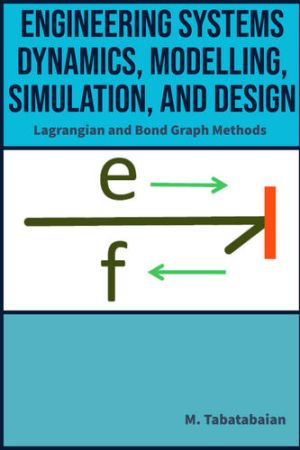First Mouse with Two Fathers Thrives into Adulthood, Marking New Scientific Milestone
Scientists have achieved a major milestone by creating a bi-paternal mouse, marking progress in stem cell science and reproductive biology. By modifying imprinting genes, researchers overcame previous barriers to unisexual mammalian reproduction. While only a small percentage of the engineered embryos survived to birth, the research demonstrates the potential for advancing regenerative medicine and cloning technologies. Despite challenges such as developmental abnormalities and sterility, the study opens doors for future applications in stem cell therapies and larger mammalian models.

A major development in stem cell science has been achieved with the creation of a bi-paternal mouse, marking a significant step in reproductive biology. Scientists have successfully engineered a mouse with two male biological parents, which managed to survive into adulthood. This research, conducted by a team of stem cell experts, has addressed longstanding barriers in unisexual mammalian reproduction by modifying specific imprinting genes. The findings, which could have implications for regenerative medicine, highlight the challenges and potential future applications of the technology.
Genetic Modifications Enable Bi-Paternal Development
According to the study published in Cell Stem Cell, led by Wei Li of the Chinese Academy of Sciences (CAS), the team focused on overcoming imprinting-related challenges that previously prevented embryos with same-sex genetic origins from developing fully. Modifications were made to 20 imprinting genes using techniques such as frameshift mutations, gene deletions, and regulatory region edits. These changes allowed some bi-paternal embryos to survive to birth and, in rare cases, reach adulthood.
Co-corresponding author Qi Zhou of CAS explained to phys.org, that imprinting genes have been identified as a key obstacle in unisexual reproduction. Despite previous attempts using ovarian organoids derived from male stem cells, imprinting abnormalities caused severe developmental defects. By directly editing these genes, the research team improved embryonic viability and the stability of pluripotent stem cells.
Survival and Reproductive Challenges Remain
As per reports, only 11.8 percent of the engineered embryos developed to birth, and those that survived exhibited developmental abnormalities, reduced lifespan, and sterility. Guan-Zheng Luo of Sun Yat-sen University, a co-corresponding author, stated that imprinting abnormalities have been confirmed as the primary factor preventing unisexual reproduction in mammals.
Despite the limitations, this approach has demonstrated the potential for refining stem cell-based therapies and improving cloning efficiency. Researchers plan to expand the study to larger mammals, though substantial challenges remain due to differences in imprinting gene patterns across species.












)

























































